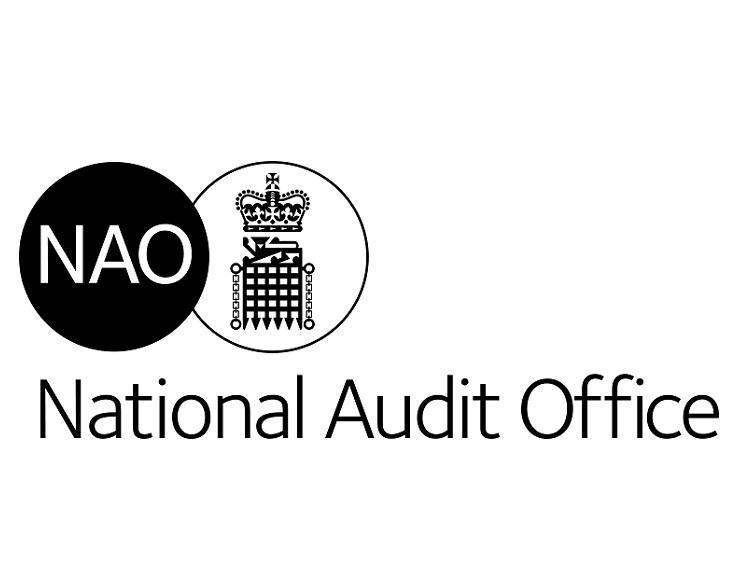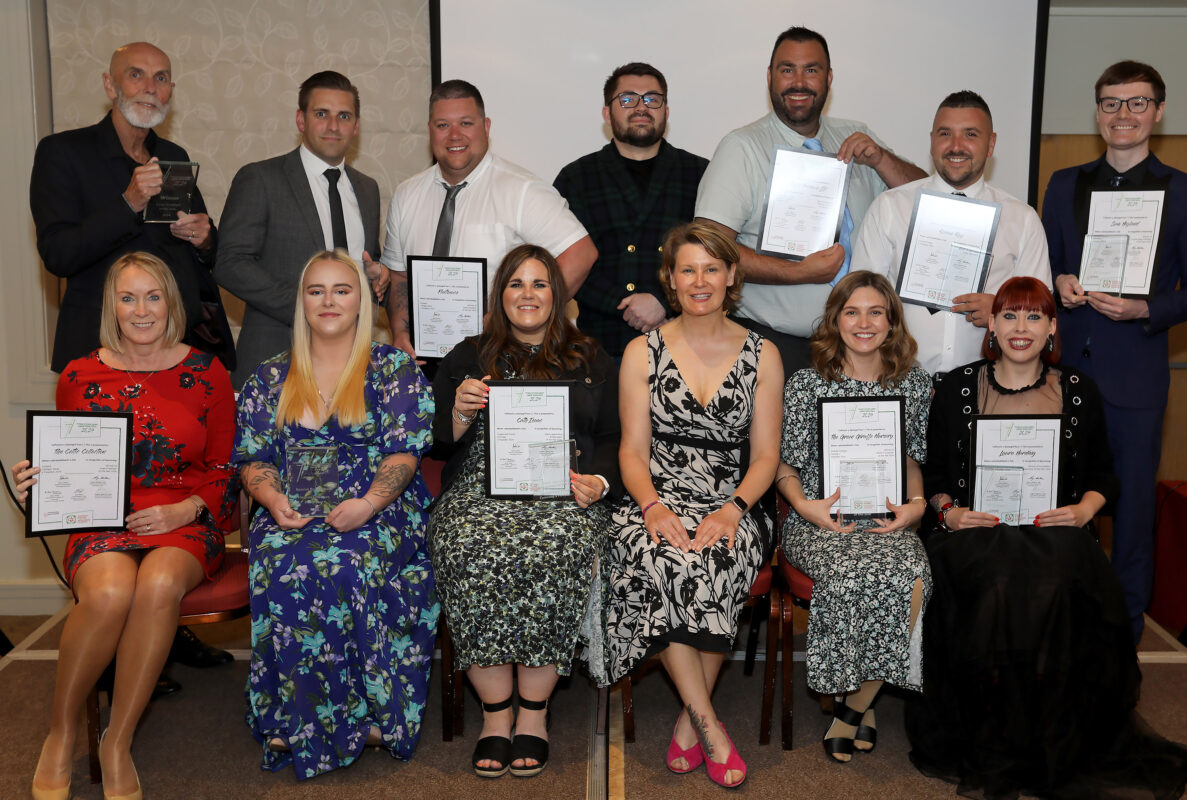Insufficient evidence NCTL grants used for the purposes intended

Amyas Morse, Comptroller and Auditor General (C&AG), has qualified his audit opinions on the National College for Teaching and Leadership’s (NCTL) 2016-17 Accounts due to a limitation in the scope of his audit of the regularity of the NCTL’s grant expenditure.
The NCTL, an executive agency of the Department for Education (the Department), provides £318m in grants mainly for training new teachers. The NCTL is responsible for recruiting and developing the school workforce, and for helping schools to help each other improve.
Today’s report from the National Audit Office finds that the NCTL has not provided sufficient evidence that grants paid to training providers and schools were used for the purposes intended.
The NCTL obtains evidence over the regularity of grant expenditure through grant returns that training providers must prepare and have certified by independent reporting accountants. However, the NCTL has not set out the procedures it expects reporting accountants to undertake, and some reporting accountants raised concerns that the work was neither sufficient nor compliant with relevant professional standards.
In response to NAO concerns the NCTL tested a sample of student records directly, identifying a significant number of issues. For example, 40% of the training providers tested had reported inaccurate data at trainee level, which can affect the amount of grant funding due. Further, the NCTL does not require training providers to maintain full records to support trainee eligibility. And of the training providers asked to support their grant claims by providing schedules of student details, 25% couldn’t substantiate their claims to within £1,000.
The volume of testing conducted was not sufficient to confirm whether these weaknesses resulted in a material level of irregular payments, but did indicate the potential for material irregularity remaining undetected by the NCTL. The NCTL consider that significant further testing would divert resources from improving processes for future years.
The NCTL are taking action to address the weaknesses in its control environment but its ability to improve controls for the 2017-18 financial year is limited. The NCTL has worked with the Institute of Chartered Accountants in England and Wales to improve the assurance instructions for 2017-18 and will be issuing instructions that are in line with the understood requirements of a limited assurance engagement. A grants assurance working group has been established within the Department and is looking to draw on best practice from other assurance teams and streamline approaches across the Departmental group.
About The National College for Teaching and Leadership (NCTL): Responsible for recruiting and developing the school workforce, and for helping schools to help each other improve. It achieves this principally through the provision of grant funding to teacher training providers and schools. Its largest area of grant funding relates mainly to training new teachers, providing £318m to students, schools and providers.
About The National Audit Office (NAO): NAO scrutinises public spending for Parliament and is independent of government. The Comptroller and Auditor General (C&AG), Sir Amyas Morse KCB, is an Officer of the House of Commons and leads the NAO. The C&AG certifies the accounts of all government departments and many other public sector bodies. He has statutory authority to examine and report to Parliament on whether departments and the bodies they fund, nationally and locally, have used their resources efficiently, effectively, and with economy. The C&AG does this through a range of outputs including value for money reports on matters of public interest; investigations to establish the underlying facts in circumstances where concerns have been raised by others or observed through our wider work; landscape reviews to aid transparency and good practice guides. Our work ensures that those responsible for the use of public money are held to account and helps government to improve public services, leading to audited savings of £734 million in 2016.











Responses